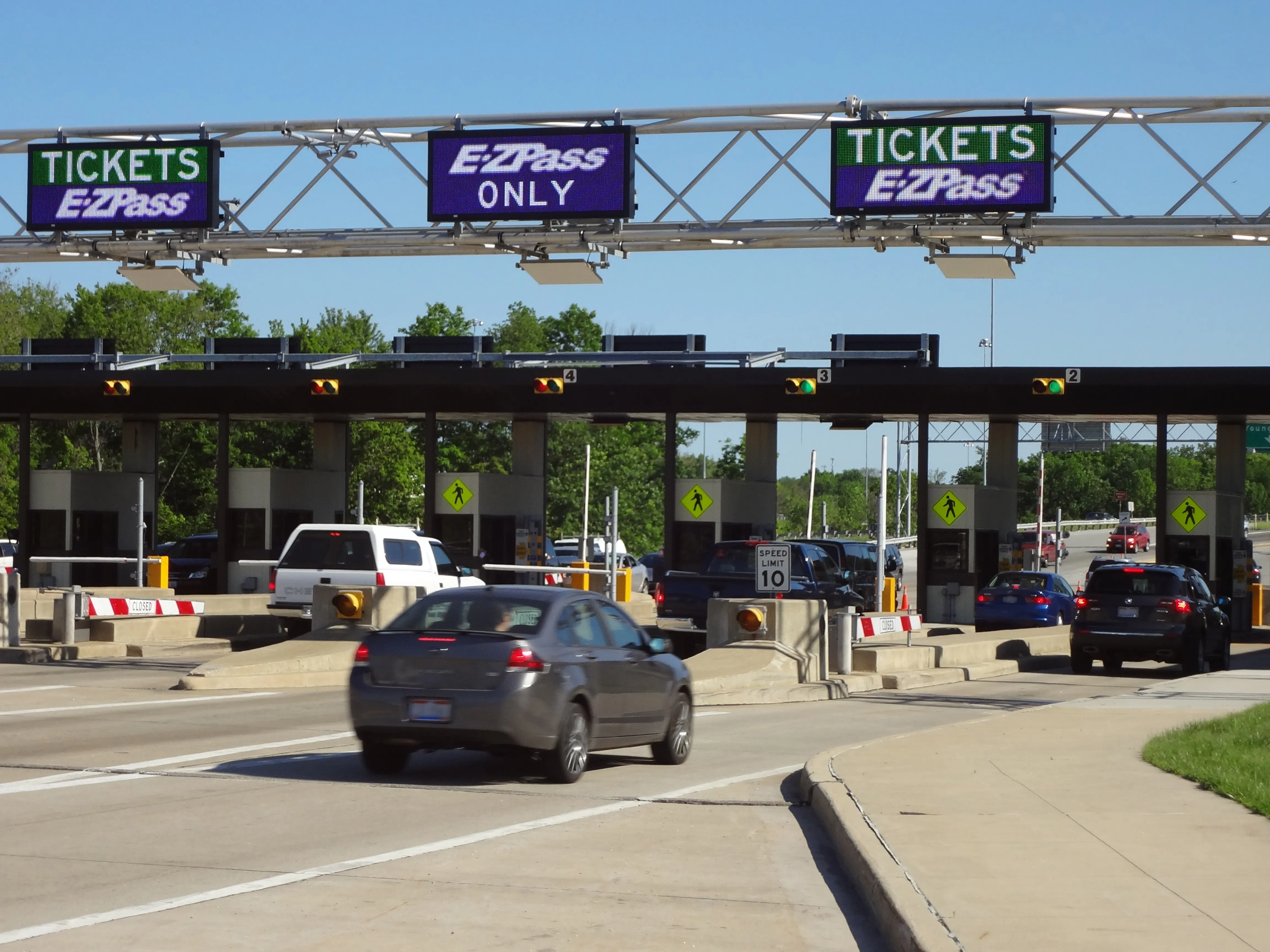According to Belarus official news agency (BelTA) the country is to expand its network of toll roads under the BelToll system by more than 300 kilometres in 2015.
Belarus currently has 1,189 kilometres of toll roads. The five-year state program for the development and maintenance of roads states that by 2020 the toll road system will include 1,968 kilometres of highways.
BelToll, a digital system designed to collect tolls by using short-range radio technology, went live in Belarus in August 2013. In A
February 2, 2015
Read time: 2 mins
According to Belarus official news agency (BelTA) the country is to expand its network of toll roads under the BelToll system by more than 300 kilometres in 2015.
Belarus currently has 1,189 kilometres of toll roads. The five-year state program for the development and maintenance of roads states that by 2020 the toll road system will include 1,968 kilometres of highways.
BelToll, a digital system designed to collect tolls by using short-range radio technology, went live in Belarus in August 2013. In August 2014 the system was expanded to include the sections of the M5/E30, M6, M7 and P1.
State enterprise Belavtostrada owns the BelToll system, which is operated by81 Kapsch Telematic Services.
Evgeny Rokalo, the head of the roads department at the Belarusian Ministry of Transport and Communications, said in an interview with BelTA, "We are planning to install the electronic system on the section of the M5 motorway Zhlobin-Gomel, which opened after the reconstruction, the four-lane sections of the P21 highway Minsk-Mikashevichy and the P21 highway Vitebsk-the border of Russia.”
Belarus currently has 1,189 kilometres of toll roads. The five-year state program for the development and maintenance of roads states that by 2020 the toll road system will include 1,968 kilometres of highways.
BelToll, a digital system designed to collect tolls by using short-range radio technology, went live in Belarus in August 2013. In August 2014 the system was expanded to include the sections of the M5/E30, M6, M7 and P1.
State enterprise Belavtostrada owns the BelToll system, which is operated by
Evgeny Rokalo, the head of the roads department at the Belarusian Ministry of Transport and Communications, said in an interview with BelTA, "We are planning to install the electronic system on the section of the M5 motorway Zhlobin-Gomel, which opened after the reconstruction, the four-lane sections of the P21 highway Minsk-Mikashevichy and the P21 highway Vitebsk-the border of Russia.”









